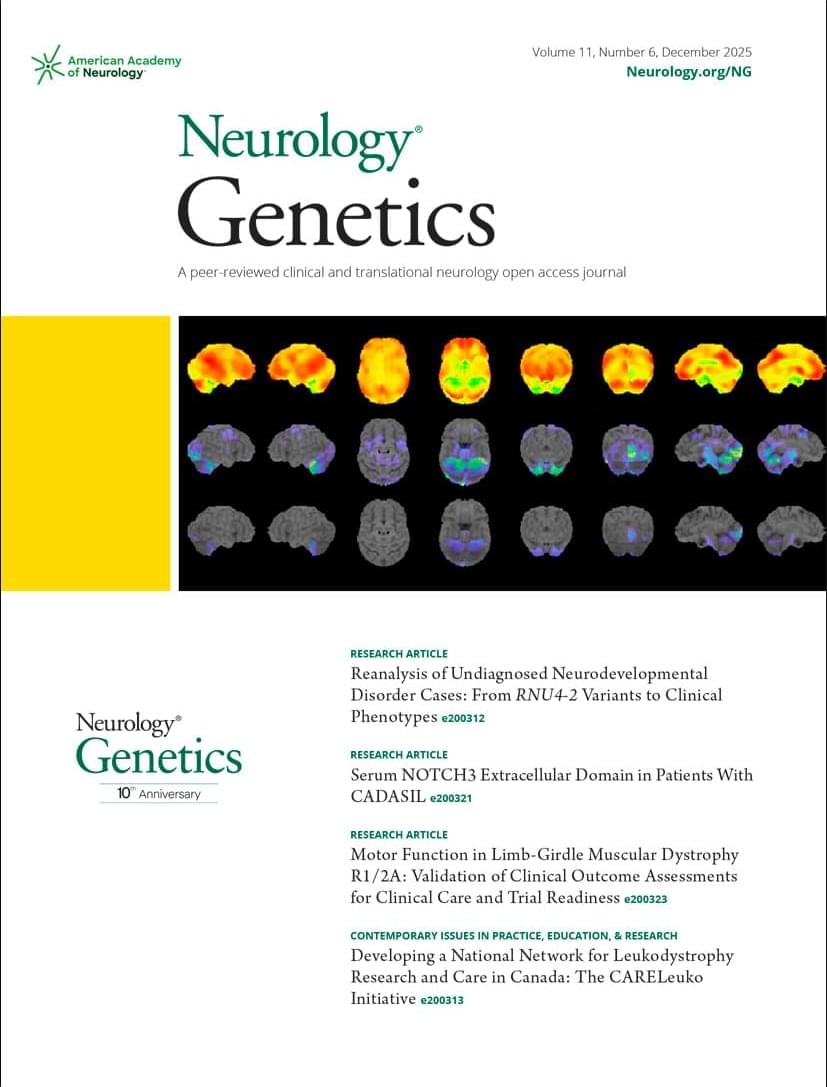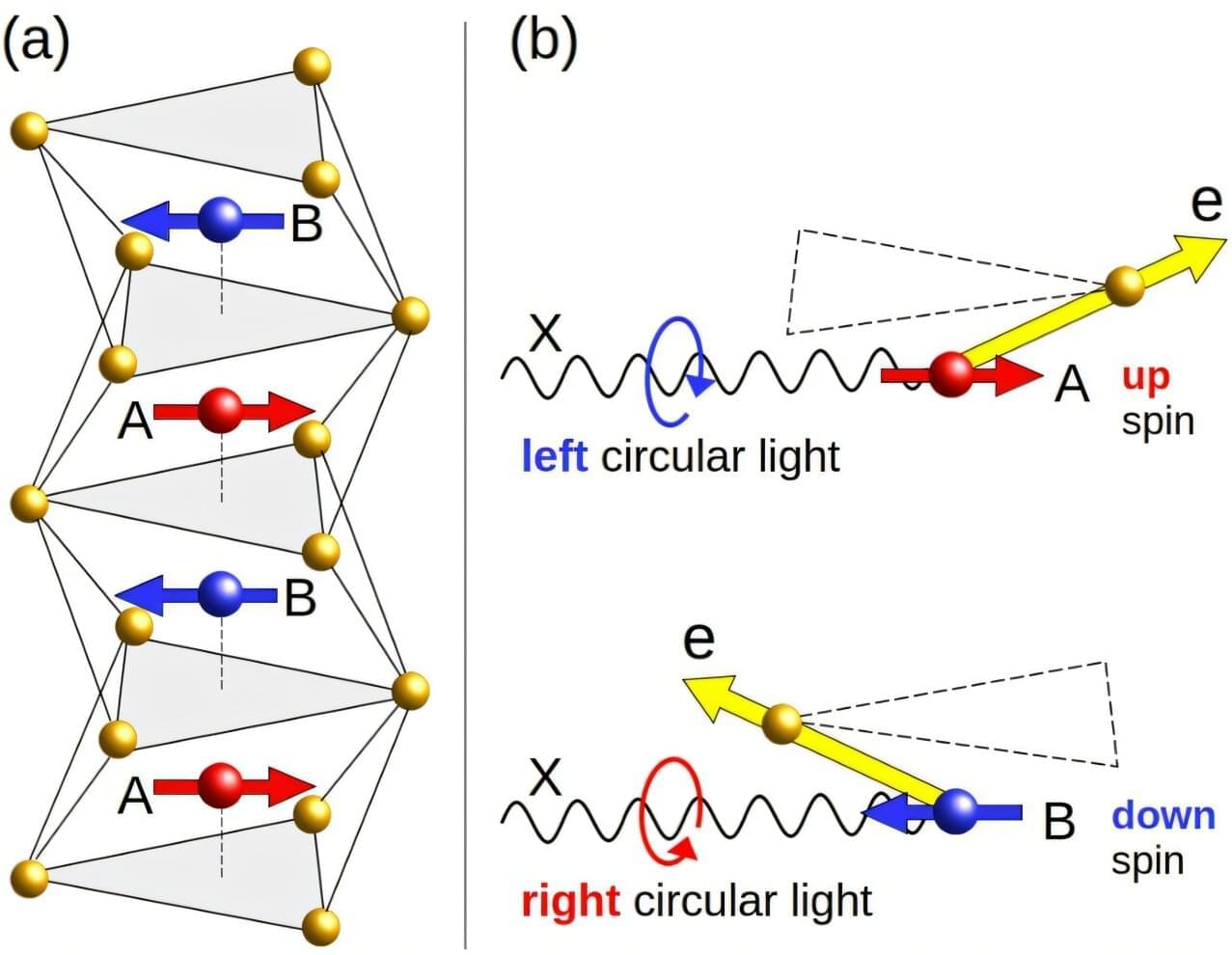This study used a novel multiplex 20-gene panel with Cas9-targeted, amplification-free long-read sequencing and optical genome mapping to elucidate ATXN10 repeat motif patterns and investigated genotype-phenotype correlations in index cases of 6 multigenerational spinocerebellar ataxia type 10 kindreds from Peru.
Spinocerebellar ataxia type 10 (SCA10, Online Mendelian Inheritance in Man (OMIM)# 603516) is a rare autosomal-dominant disorder caused by an expanded pentanucleotide repeat in the ATXN10 gene on chromosome 22q13.3.1 Although rare globally, SCA10 accounts for 45% of spinocerebellar ataxia cases in Peru, where the population is approximately 70% Amerindian.2,3
A typical ATXN10 allele has 10–32 ATTCT repeats. Intermediate alleles from 280 to 850 repeats may have reduced penetrance4 while alleles over 850 repeats result in full disease penetrance.5 In our recent study on ATXN10 expansions in healthy Peruvians, we found expanded alleles in 3.7% of Mestizos and 9.9% of Indigenous American nonataxic individuals.6
Conventional methods fail to accurately determine ATXN10 repeat size and structure: Southern blot often overestimates repeats while repeat-primed PCR cannot measure repeats over 1,250 bp or detect alternate repeats without specific repeat primers.7








